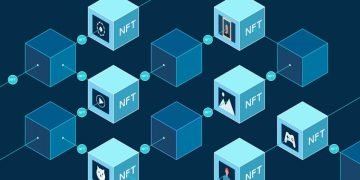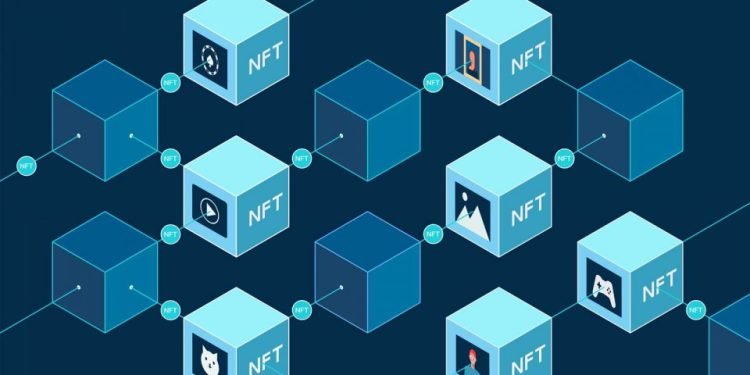By Eva Richardson | The Logistic News
April 9, 2025
In an era where visibility, trust, and speed have become non-negotiable in supply chain operations, blockchain is emerging as the transformative force poised to redefine logistics and warehousing. According to recent market research, the global blockchain in logistics and warehousing market is forecasted to grow at a remarkable CAGR of 39.19% from 2024 to 2032.
Transparency and Trust at the Core
Blockchain’s value proposition lies in its ability to deliver transparent, immutable, and real-time tracking across complex logistics networks. From pharmaceuticals and food to electronics and aerospace, industries are increasingly relying on blockchain to track provenance, prevent counterfeiting, and ensure product integrity.
“The future of global supply chains will hinge on verifiable trust,” said logistics tech consultant Amanda Rao. “Blockchain offers a tamper-proof foundation that every stakeholder—from shippers to consumers—can rely on.”
Smart Contracts Drive Operational Efficiency
By automating transactions and documentation through smart contracts, blockchain is slashing administrative overhead and reducing manual errors. In cross-border logistics, where customs declarations and regulatory compliance can delay shipments, smart contracts streamline processes with precision.
Companies are also integrating blockchain with IoT and AI to create intelligent supply chains that can respond dynamically to disruptions and demand fluctuations.
E-Commerce and Perishables Lead Adoption
The demand for real-time data and end-to-end traceability is especially pronounced in the booming e-commerce and perishable goods sectors. In retail, blockchain ensures seamless inventory updates and transparent last-mile delivery. In cold chain logistics, it monitors conditions and transit data to maintain strict temperature controls.
“Blockchain is the missing layer of integrity in logistics,” said Oliver Quinn, CTO at a logistics software firm. “It’s not just about tracking—it’s about accountability and risk mitigation.”
Barriers to Adoption Remain
Despite the compelling benefits, several challenges could slow adoption:
- High initial implementation costs
- Integration complexity with legacy systems
- Regulatory uncertainty in data governance and cross-border compliance
- Scalability and performance concerns on high-volume networks
However, technology providers and early adopters are addressing these concerns by developing hybrid solutions, investing in pilot programs, and pushing for regulatory alignment.
North America and Asia-Pacific Dominate Market Growth
North America is leading early adoption, driven by advanced infrastructure and a strong tech ecosystem. Meanwhile, Asia-Pacific is set to become the fastest-growing region due to rising demand for cross-border e-commerce, digitization policies, and investments in smart port and logistics infrastructure.
Conclusion: Blockchain Is Becoming Logistics’ Digital Backbone
As the logistics industry faces pressure to be faster, smarter, and more transparent, blockchain is no longer a futuristic concept—it is a strategic imperative. Companies that embrace blockchain today are positioning themselves for long-term operational resilience, regulatory readiness, and competitive differentiation.
For in-depth reporting on supply chain innovation and logistics technology trends, follow Eva Richardson and The Logistic News on Google News and LinkedIn.























